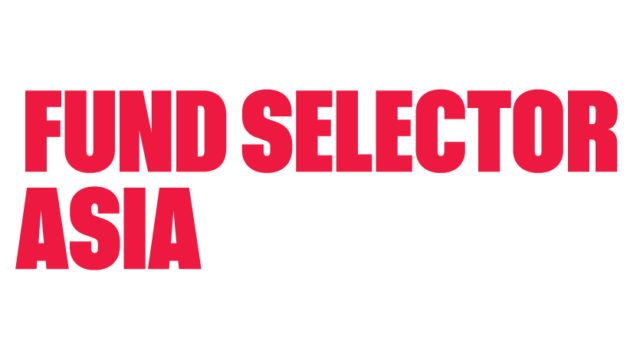The most frequent word heard in connection with China in 2015 will be “reforms”, Mok told Fund Selector Asia.
Specifically, reform of state-owned enterprises is gathering speed. The Chinese government is setting up a few SOEs in particular industries to act as role models for the rest.
“SOEs previously focused on building assets, not efficiency or profitability. Now [the government] is changing the structure so that management compensation is more in line with profitability, for example through share options.
“These companies will become industry consolidators.”
The next Tencent?
Playing off SOE reform, Mok believes it’s possible to identify emerging industry leaders as a growth play. He uses a bottom up analysis as well as an assessment of how well the company is fulfilling reform obligations, for example, if it has an incentive-based management compensation scheme and a way to dispose of unattractive assets.
From the industry perspective, he looks for supply and demand, whether the SOE has pricing power and how high the barriers to entry are.
He mentioned an example in the pharmaceutical industry.
“We look at the industry, see it’s fast-growing and see a leader emerging doing consolidations, getting bigger, and it all seems similar to 10 years ago when we started to look at Tencent.”
Despite the difficulties of reinventing SOEs, which are often run by well-connected individuals who have not been fully exposed to free market forces, Mok is positive on reform momentum.
At the top level, last November President Xi Jinping concentrated political power behind reforms by personally taking charge of a panel that will steer the country’s reform agenda.
“When SOEs start to focus on profitability, there will be a re-rating of the listed companies. That will be a very big driving force for the stock market and for the economy.”
Domestic fixed income
A second investment theme concerns non-bank financial companies, which are expected to grow in line with developments of a fixed income market, he said.
China has been over-reliant compared to the US, Japan and Korea, on bank loans instead of bonds to finance business expansion. Moreover, the bulk of the loans have gone to large cap companies and most of the remainder to mortgages.
Mok said government efforts to develop a vibrant domestic fixed income market will allow companies to issue multi-year corporate bonds, which are better than bank loans that need refinancing each year.
“The growth of fixed income will replace the old days of bank loans. Banks are not going to see loans growing 20-30% per annum, but around 10-15%. Banks that want to keep their margins will turn to SME lending.”
Non-bank financial firms will benefit, he said. Before, these firm could only get funding from banks.
“Borrowing money from banks in order to compete with them doesn’t make sense. Now they will be able to borrow from the fixed income market.”
A third investment theme in 2015 for EFG is e-commerce, which Mok believes will have the fastest and strongest earnings growth among all sectors, driven by the widespread proliferation of smartphones in China.
“Tencent, Alibaba and Baidu are building up social networks and will be generating revenue from them. E-commerce companies are in a sweet spot.”
Risk factors
A US interest rate hike will have little if any impact on the three investment themes, Mok said. SOE reform and the non-bank financials sector are linked to China’s domestic policies, and e-commerce is more related to domestic consumption.
One risk, however, is capital flight from emerging market funds due to problems in a few: falling oil prices in certain countries or higher interest rates in countries that are not fiscally well-positioned.
“In 2015, there may be redemption on emerging markets, and China is part of that. But it will be short term, and it could create a rotation into China funds once investors see China is not negatively impacted.”
Banking system concerns
Mok said most investors have been negative on China the last couple years, worried over a credit bubble and bad loans in the banking system.
“I look at valuations of Chinese banks and they are nearly at the distressed level.”
He pointed out that China has close to $4trn in foreign currency reserves, which the government can use to protect the banking system.
“When there are big issues involving bad loans, they can set up an asset management company to absorb bad assets. Most people haven’t factored that into the investment strategy.
“Banks in China will not be dysfunctional like some [developed market] banks were in 2007-8.”

















